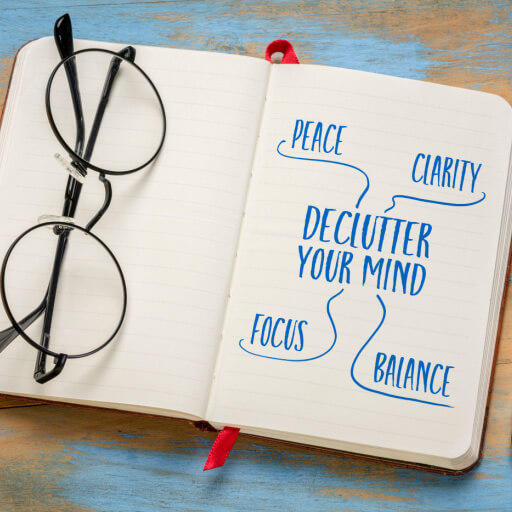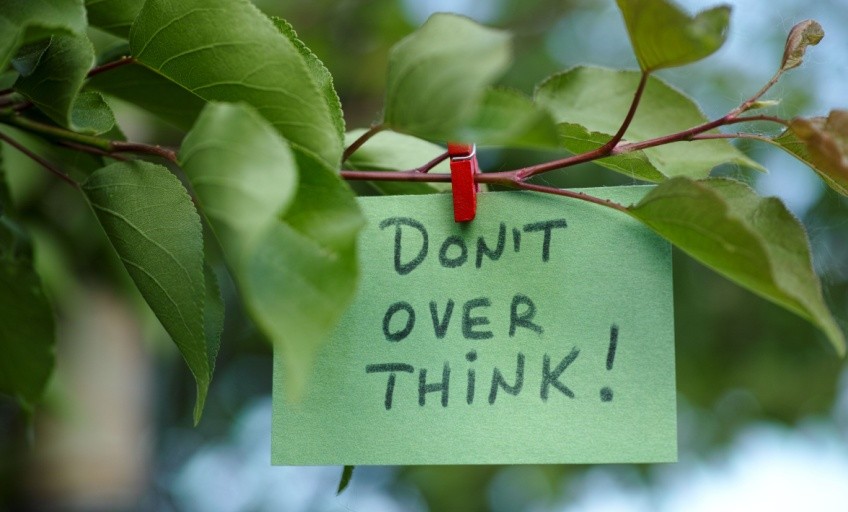We live in an age of distraction with pings and popups being constant companions throughout the day. Often, with so much going on, it takes effort to focus on the task right in front of you. The problem is that a lack of concentration prolongs tasks and can lead to avoidable errors. So, how do we increase our concentration and stay on track even in the face of chaos around us?
What you need to know:
- What is concentration?
- Factors that can affect your concentration
- Why does improving focus and concentration take time?
- Tips on how to increase concentration
- How to improve concentration and focus while studying?
What is concentration?

Concentration can best be described as the ability to focus your attention where you want it to be. In other words, you are in control of what gets your attention. So, if you have decided to read a book for an hour, at least a major portion of that hour is utilized in reading. It is natural for the mind to wander, and there is no such thing as 100% concentration. However, when you are trained in focusing your attention, you soon become aware of when you have lost concentration, and you can refocus on what you were doing.
Factors that can affect your concentration
Several factors affect concentration, including:
- Age – As we age, our brains naturally start to slow down and lower concentration.
- Sleep – Poor sleep has been directly associated with a lack of concentration.
- Medication – Certain medications can cause brain fog and poor focus.
- Alcohol – Excessive alcohol intake can disrupt brain function and concentration.
- Eating habits – Poor eating habits, consuming junk food, and missing essential nutrition also affect your capacity to concentrate.
- No exercise – Physical activity is necessary for optimal cognitive function and concentration.
- Too much information – Each person has their own attention span during which they can absorb information. Trying to push further beyond our natural limits will hamper concentration.
Why does improving focus and concentration take time?
Remember, it takes time and patience to improve your focus. We, humans, are creatures of habit. We like to stick to what we are used to and keep doing it repeatedly. Therefore, if you are used to picking up your phone every few minutes, you will do it even if there are no notifications.
The trick is to be aware of what you are doing and consciously not touch your phone every time you have the urge. You need to train your brain to follow a new behavioral pattern and be patient to keep doing it until it becomes automatic. For example, if you want to be able to read for 30 minutes at a stretch, do the following steps:
- Switch off your phone and keep it in another room.
- Choose reading material that you enjoy.
- Set a timer for just 10 minutes.
- Do this 2-3 times a day till you can read for 10 minutes without being distracted.
- Gradually increase the time to 15 minutes, then 20, and finally 30 minutes.
- Now move on to reading material that might not be as engaging, but you need to read.
Your brain will be trained to the cues of reading for 30 minutes, making it easier to focus no matter what you are reading. Each person’s brain is different, so take as much time as you need to learn to focus.

Concentrating and giving your undivided attention to a task can sometimes be challenging. The good news is that improving your concentration at any age is possible. While there is no limit to when you can start to sharpen your focus, knowing the cause of your poor concentration can also be helpful. You can eliminate some of the above-mentioned factors that you think are hampering your focus. Of course, stopping some medication might not be possible, and other underlying factors might also exist. We have some tips for you to get that laser-sharp focus.
Tips on how to increase concentration
Here are some tips on how you can increase your concentration:
- Sleep for at least 6-8 hours every night.
- Get sufficient exercise to help improve blood circulation to the brain.
- Take breaks, especially when looking at screens for too long.
- Play games like chess and crossword puzzles that require concentration.
- Listen to music.
- Set a timer and choose to stay focused for a fixed duration. Choose a time that is suitable for you.
- Remove unwanted distractions. Keep your phone silent or turn off social media notifications. Put yourself in do not disturb (DND) mode.
- Meditate for 10-15 minutes before you start a task that needs your full attention.
How to improve concentration and focus while studying
Besides adults, kids, too, need to focus on their studies but can often get distracted. Here are a few ways to improve your concentration and focus while studying:
- Do word and number puzzles, like Sudoku and Wordle, to hone your focus.
- Go outside and play. A healthy mix of physical exercise and studying is the best formula.
- Spend time in nature. Even if you sit with your house plants at the window for 30 minutes, this can help your focus.
While improving your focus might take some time, once you have trained your brain, you can be more organized and save time. Follow these tips, and soon, you will be able to overcome all distractions and have unshakable concentration.
Stay tuned to the Activ Living Community. Keep up to date with the latest health tips and trends through expert videos, podcasts, articles, and much more in nutrition, fitness, mindfulness, and lifestyle conditions like Asthma, Blood Pressure, Cholesterol, and Diabetes.
You may also be interested in the following blog articles:
- Why mantra meditation is a simple way to experience inner peace?
- The causes of brain fog, and how can it be treated?
Popular Searches
How to lower blood pressure | Fruits good for liver | Unhealthy foods | Ragi Benefits | Basal Metabolic Rate | Acupressure points for High Blood Pressure | Ayurvedic medicine for blood pressure | How to control cholesterol at home | Homeopathy for Asthma | Biological Age | Home remedies for TB | Natural beta blockers | Negative effects of internet | Types of walking | Blood pressure calculator | Blood sugar calculator | BMI Calculator





 1800-270-7000
1800-270-7000








